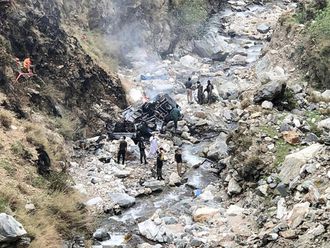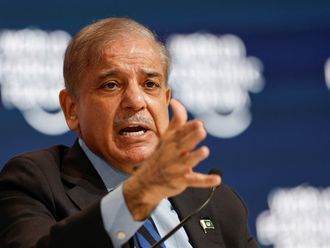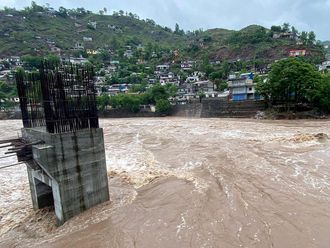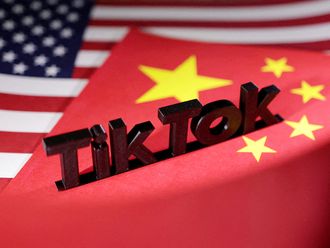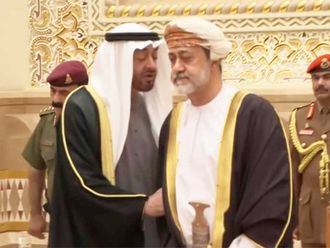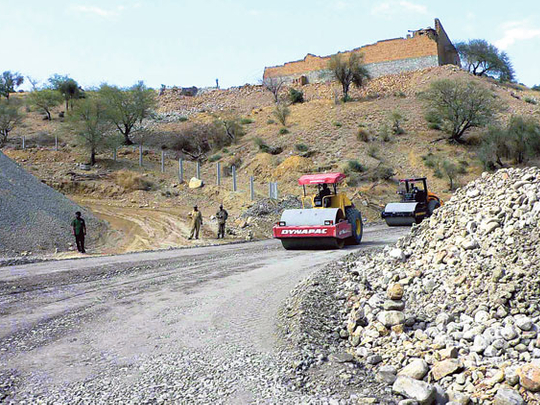
Wana: Deep in Pakistan's unruly tribal areas, army engineers protected by soldiers on mountaintops spend hours every morning combing the earth for Taliban bombs before embarking on a special mission.
After determining there is no danger, they use machinery to cut through rugged terrain to build a highway Pakistan hopes will give it an edge over militants by connecting the underdeveloped region to the central economy.
It is one of several "Quick Impact Projects" designed to win over the population of the restive South Waziristan area, home to some of the most dangerous militant groups in the world.
"When the economy prospers, mindsets change. When there is opportunity for business and commercial activities, people focus on that and less on violence," said Zahid Raja, spokesman for the army's construction and civil engineering wing. "That is how there is an overall impact on security."
Pakistan has in the past resorted to military offensives in South Waziristan and nearby areas against militants seeking to topple the US-backed government. But the operations proved to be stop-gap measures at best, and failed to weaken groups like the Pakistani Taliban who seem to carry out suicide bombings at will.
Now the army seems to be adopting a more comprehensive strategy by investing in the highway that will connect South Waziristan to major cities in Pakistan, as well as Afghanistan.
If the project succeeds, it could help the unpopular government gain influence in a restive border region largely neglected since Pakistan was created in 1947.
The Taliban seem to understand the road could pose a threat. They have dispatched suicide bombers to kill engineers and soldiers working on the highway and regularly stage ambushes.
Centuries-old code
The Federally Administered Tribal Areas (FATA), of which South Waziristan is a part, are semi-autonomous and have never been fully integrated into Pakistan's administrative and economic system.
They are governed under a system inherited from British colonialists, with government-appointed political agents ruling through the tribes that observe their centuries-old codes, not Pakistani laws.
"It is only now, after sixty years, that Pakistan has tried to understand the tribal areas," said Mahmoud Shah, a former intelligence official in the region who praised the highway project but wondered how committed authorities were to completing it. "Before, nobody in Islamabad knew about the region."
Persuading ethnic Pashtun tribesmen in South Waziristan and elsewhere who have long been suspicious of the state to cooperate won't be easy.
They have heard many empty promises of roads, jobs, schools and hospitals before. This time, officials say, the $81 million (Dh297.5 million) in funds mostly from the United States and the UAE will be made available soon so the highway can be completed by a target date of 2013.
"Despite security threats, we are working as quickly as we can," said Mohammad Ali, an official involved with the project.
The militants, for their part, have spent years making sure people are too scared to side with the state, beheading pro-government officials and tribal leaders.
Still, the prospects of economic integration are raising spirits among some of the 500,000 inhabitants of South Waziristan, an arid and mountainous region pockmarked with sparse forest and dried up creeks.
"We have wanted this for a long time. It is God's blessing that this road is being built," said Saif-ur-Rahman Wazir, a tribal elder in his 50s wearing traditional baggy trousers and tunic.
A few sections of the highway have already opened and the bustling traffic has fuelled optimism in the area.
Pakistan has come under immense pressure to tackle militants since US special forces killed Osama Bin Laden in May in a Pakistani town, where he had apparently lived for years.
Afghan withdrawal
Stabilising the border area will become more urgent for the US as it nears the deadline for withdrawing combat troops from Afghanistan at the end of 2014. But pacifying the region will take time and lots of investment to erase the conditions that fuel militancy, such as poverty and unemployment.
Pakistan's government is cash-strapped, heavily reliant on foreign aid and is often paralysed by political squabbling, so coming up with the funds for more projects may be difficult in the face of the harsh realities on the ground.


